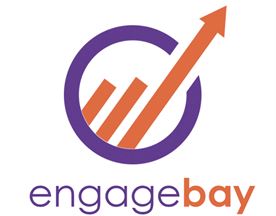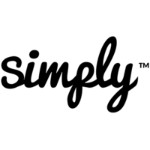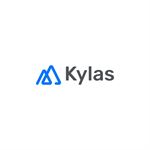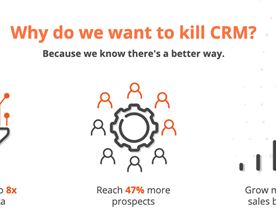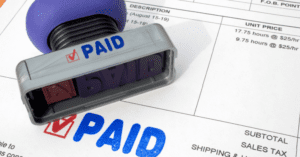What is CRM Software
CRM software, or customer relationship management software as its sometimes referred to is business software that’s primary purpose is to improve your sales processes in 6 key ways, which this article looks to explore in detail.
Until more recently, the cost of CRM systems has meant they’re out of reach of most small business owners. The advent of software as a service (software delivered over the internet and stored in the “cloud”) has meant CRM systems are now incredibly affordable.
Whether your small business consists of a solo owner or a team of ten, the benefits of CRM software, dramatically outweigh the low costs.
6 Benefits of CRM for a Small Business
Increased Revenue
Better Customer Service
Useful Customer Data
More Collaboration
Accurate Reporting
More Productivity
Let’s take a look at the benefits of CRM for a small business in more detail
Increase Revenue

We all want more sales and paying customers. The sales data stored within your CRM software can help boost sales in 3 key ways. Firstly CRM software can be used to identify your best customers, and help highlight new products or services that match their needs. Secondly the CRM data can be combined with marketing campaigns to target the right software can be used to dramatically improve the returns generated from marketing campaigns.
Better Customer Service

Every small business owner recognises the value when you improve customer service. Better customer relationships means happier existing customers, better customer satisfaction and ultimately higher customer retention.
The more customer interactions you have, the more you learn about your customers, by using using a CRM system to centralise your data, the better the service you can provide to your customers. Not only does this makes improve customer satisfaction and customer loyalty, it makes customer service teams lives much easier too!
Useful Customer Data

Wouldn’t it be great to know exactly where your repeat business comes from? Who your best customers actually are? How often do they buy from you and if they are actively referring you to new customers as well? Well, this is one of the main benefits of CRM!
Most business owners already understand how better quality data can improve customer retention, build better customer relationships and allow them to reward loyal customers. Yet, without a steady sales pipeline, all small businesses are at risk of failure!
A secure CRM platform uses data to improve things further by creating a reliable sales pipeline and perhaps more importantly still, a repeatable sales process.
Better data means also marketing campaigns target potential customers more easily by matching your products & services more closely to their needs.
More Collaboration

CRM software becomes invaluable once a small business expands beyond its first employee. When you need to share data between members of a team it’s vital you have a single source of truth to rely on. A CRM system lets your marketing teams and sales teams work together rather than in silos. Integration with your accounting software means even your accountant can be on the same page (wouldn’t that be a refreshing change!)
One of the key benefits of every team member in the business sharing the same tool is that internal communication improves across the board.
Accurate Reporting

A good CRM system will help you dramatically improve sales forecasting in your small business. When you centralise your customer’s data in one system the quality of the sales information is automatically improved.
Useful business insights are suddenly accessible allowing business owners to view their company in entirely new and creative ways. Existing clients and current customers can be broken into different customer segments. This, in turn, enables the business to have more targeted lead generation and generally better sales interactions throughout its sales cycle.
Increased Productivity

Using a good CRM tool will allow you to reduce overheads by automating routine tasks that drain your limited resources. When automating core business processes, you can scale without the need to add as many additional costs to your business. This all translates to a more profitable growing business.
The most successful small businesses have a sales team that follows a highly repeatable sales process. The ability to train a sales rep to follow a clear process using customer relationship management at its core dramatically reduces the time taken for new sales team members to become profitable for small businesses.
Key CRM (customer relationship management) Features
CRM stands for “customer relationship management”, and all “good” CRM tools must include these key features.
Contact Management
Storing customer data in a reliable, secure place whilst making it always accessible is what makes a CRM system so important when it comes to customer information or contact management.
Capturing data throughout the entire sales cycle in one place means everyone in your business can trust the information they’re using is always up to date.
Activity Tracking
Good CRM software helps your business scale more easily. Using activity tracking your sales team and marketing team can be monitored more easily. When combined with robust reporting, small business owners can see their entire sales funnel and previous interactions with their customers and prospects all in just a few clicks.
Reporting
All good CRM software tools provide reporting functionality. Even the most basic CRM tool should be able to report on your current sales pipeline. More advanced reporting features can allow you to split sales forecasting between existing and potential customers using customer segments. As your business grows the need to monitor the latest marketing campaign results
Integrations
One of the most overlooked CRM features is integration. Will the CRM system connect to other small business systems such as accounting software or marketing automation software?
Any CRM solutions that aren’t able to connect to other critical business systems are doomed to fail from the start.
Mobile Functionality
Now more than ever it’s vital your CRM software is available on all mobile devices, whether via a dedicated app or browser; the important factor is accessibility. The right CRM solutions will let you access your sales reps access your business data when they most need it.
The Best CRM Software for your Small Business
Now you can see the benefits of customer relationship management for your business, let’s take a look at which CRM software is most suitable for small businesses. It’s important to note right from the outset that the software below will work for any size business but isn’t overloaded with functionality and costs which the smaller business doesn’t require.
Zoho CRM, Hubspot CRM and Pipedrive are three brands that stand out from the crowd when it comes to CRM software that’s suited to solopreneurs and small businesses whilst at the sametime has the ability to grow with your business too!
There are literally hundreds of CRM software companies out there offering some incredible tools for your business. You can see a comprehensive list of CRM providers here.
Thankfully today, small business CRMs have access to the same features that used to be only available to an enterprise business only a few years ago.
Hubspot CRM
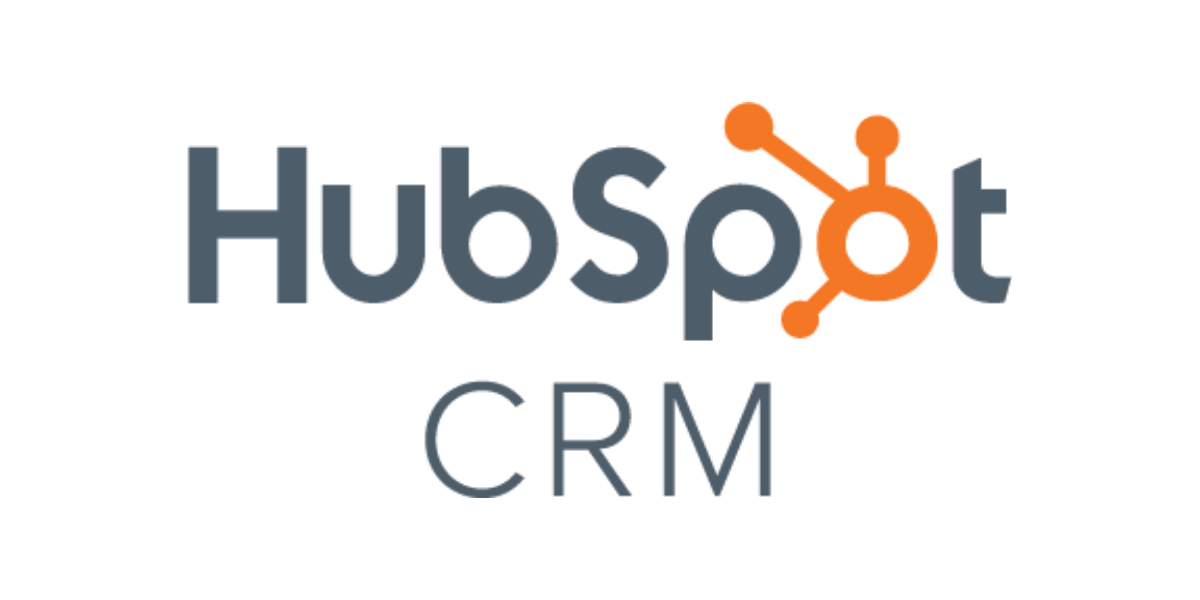
Hubspot is an incredibly powerful platform that can handle anything from a small business to an enterprise with thousands of employees. They offer a range of software products that cover everything from website-hosting, to help desk software.
If you tick all the boxes, you can quickly find your monthly bill running into hundreds of dollars. However, what a lot of people don’t realise is that HubSpot offers a CRM product entirely for FREE. Yes, you read that right. Their CRM is FREE of charge.
There is of course always a price to pay in the end. In the case of HubSpot that comes when your business begins to scale. Their software offers some of the most advanced features in the industry but the additional functionality can come with a heavy monthly price tag.
We recommend you give them a try (after all it’s free, so there’s nothing to lose) and see if its basic free plan is suited to your business.
Zoho CRM
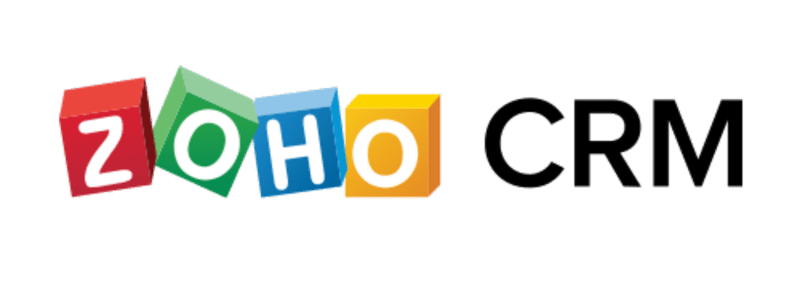
Similar to Hubspot, Zoho is a software business that offers a range of other software in addition to CRM. Everything from Office Docs to Project Management is available from Zoho.
Although they can’t compete on price (and let’s face it not many can) Zoho is able to go toe to toe with Hubspot on many of its CRM features. It comes out on top once your business begins to scale. Unlike HubSpot, Zoho’s pricing model is extremely competitive once you’re business grows beyond a handful of users.
The added benefit of being able to bolt on additional software packages such as project management or helpdesk for relatively small increases in monthly billing will be appealing to many business owners.
Pipedrive
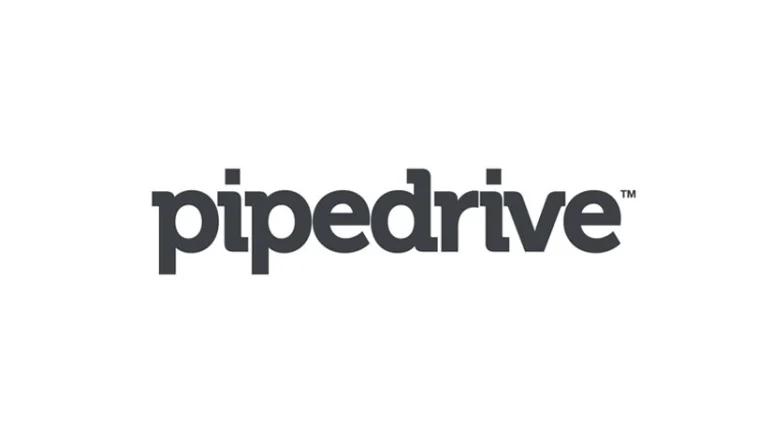
Although Pipedrive hasn’t been around as long as the other two giants in this list, they more than makeup for that with their loyal and rapidly growing customer base.
Pipedrive is ideally suited to small businesses for two reasons. Firstly its pricing structure is very competitive and doesn’t hide any potentially nasty surprises once your business begins to scale. Secondly and perhaps its superpower, Pipedrive has one of the most comprehensive integrations libraries in the market. Think of it like an app store for your CRM that makes connecting your CRM system to hundreds of other applications no more complicated than a few clicks of your mouse.





